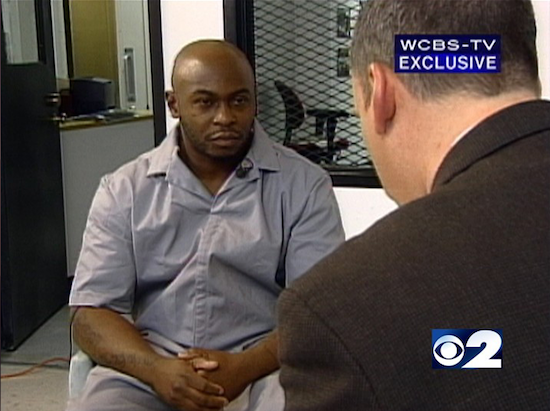Convicted of Brooklyn murder, inmate claims errors at trial warrant new trial

Darryl Littlejohn, former bouncer at a New York City club, sentenced to life without the possibility of parole for the murder of a young clubgoer in Brooklyn, appealed to the Appellate Division, 2nd Department, for a new trial claiming that errors during trial deprived him of a right to a fair trial.
The court, while acknowledging errors were present in the previous trial, denied Littlejohn’s request.
In February 2006, the body of Imette St. Guillen was found at the intersection of Fountain and Seaview avenues, wrapped in a quilt, her wrists tied behind her back with zip ties, a sock stuffed into her mouth, and packing tape wrapped around her head from her eyebrows to her chin. St. Guillen had been beaten, raped and sodomized; the medical examiner determined she died from suffocation.

Brooklyn Heights
View MoreRead the Brooklyn Height's Press and Cobble Hill News. Find out more about Brooklyn Height's History here.